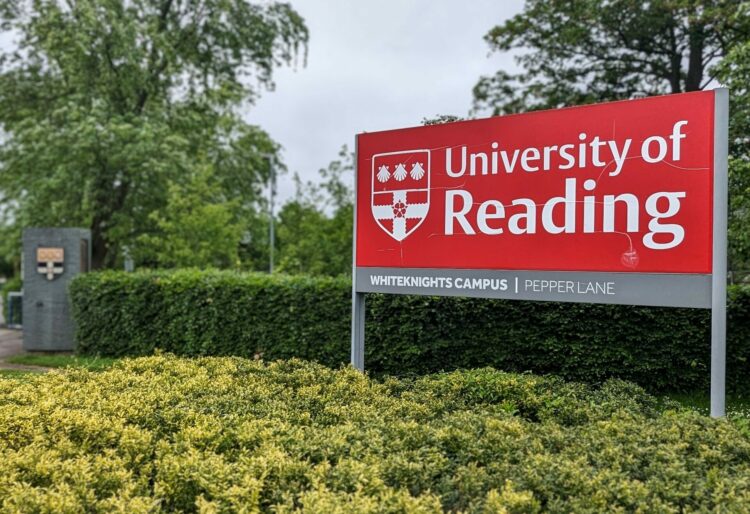A RESEARCHER from the University of Reading has been awarded a grant from the Academy of Medical Sciences to advance his work on blood clotting.
Dr Alex Bye has won a £125,000 grant to continue work which could lead to new approaches for preventing heart attack and stroke.
The study will look at the bone marrow of mice; each mouse has a genetically encoded calcium sensor, which is fluorescent under a specialist microscope.
Resreachers explain that the release of calcium inside the specialised large bone marrow cells (called megakaryocytes) must be a key signal to start production of platelets.
Being able to view where the calcium is sitting and where it might move within a cell makes this microscopy technique an ‘ideal’ tool.
Platelets are required for blood clotting, and they prevent bleeding from an injury or after certain medical procedures.
If things go wrong, blood clots can form in places which cause further issues; if clots occur in arteries around the heart, brain, or lungs, this can cause a heart attack, stroke, or pulmonary embolism, all of which can be life-altering or even fatal.
In addition to tracking calcium, the project includes a collaboration with colleagues at the University of Reading who are doing research with Long Covid patients. These patients are known to have changes in their platelets that correlate with raised levels of some cytokines. Cytokines are essential for coordinating the body’s response to infection and injury.
The team will look at data from experiments that exposed megakaryocytes to the blood plasma of Long Covid patients, or the cytokines – a protein used for signalling in the body– that are known to be raised within them.
Mentoring will be provided as part of the grant by Professor Cristina Lo Celso at Imperial College London.
Professor Celso is an expert on the use of 2-photon microscopy to take images of bone marrow cells, where they sit inside the bones.
Dr Bye and his PhD student will train at Imperial College London and bring the technique back to the University of Reading.
In addition to funds from the Academy of Medical Sciences Springboard programme, the University of Reading will be part-funding the PhD studentship that is currently being advertised for this project.
Dr Bye said: “It isn’t often that you get to observe a fundamental biological process for the very first time, but that’s what we are going to do with this grant.
“This is an honour and a great opportunity–I’m excited to recruit a PhD student to work with me, and learn some new techniques from an experienced mentor.
“I’ve always been interested in the cells that produce platelets – megakaryocytes–but my main drive is to improve people’s health and wellbeing by doing research that underpins new prevention and treatment strategies.”
He explained: “With this platelet study, we are going to find out more about the process of platelet production.
“We are also interested in why platelets work so differently in one person, compared to the next.
“Calcium plays a huge role in all sorts of processes, including muscle contraction, cell death, fertilisation, and more–in this project, we will be studying calcium in megakaryocytes.
“At the end of the project, we hope to have a good understanding of exactly how the release of calcium is triggered, leading to platelet production–this should also give us some insight into how disease and lifestyle factors affect blood clotting, including obesity, diabetes, cancer treatment, traumatic injuries, and more.”
Professor James Naismith FRS FRSE FMedSci, Vice-President (Non-Clinical) at the Academy of Medical Sciences, said of the Springboard scheme: “This record investment [of £7.6 million] demonstrates our unwavering commitment to supporting the next generation of research leaders.
“By backing these talented early-career researchers, we’re not only addressing today’s urgent health challenges but also strengthening the UK’s position as a global leader in medical research.
“The breadth and ambition of projects funded by the Academy’s Springboard programme is remarkable–from understanding teenage drinking behaviours to investigating why women are disproportionately affected by Alzheimer’s disease.
“Each Springboard awardee brings fresh perspectives and innovative approaches that will ultimately translate to improved health outcomes for patients and the public.
“The Academy is proud to provide the financial resources and career development support needed to help these outstanding scientists establish their independent research careers.”
























